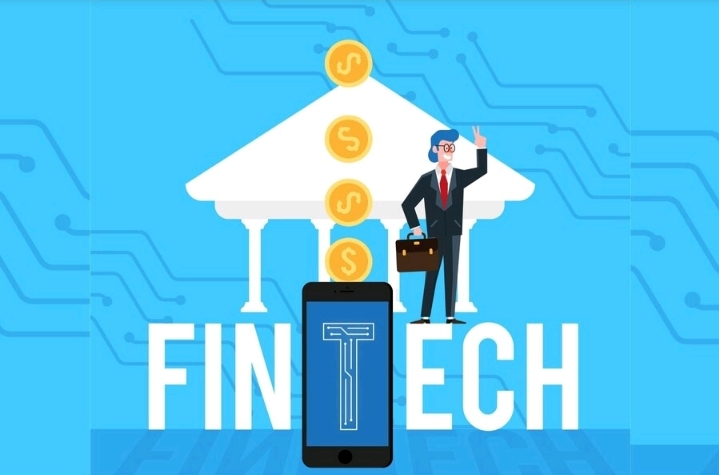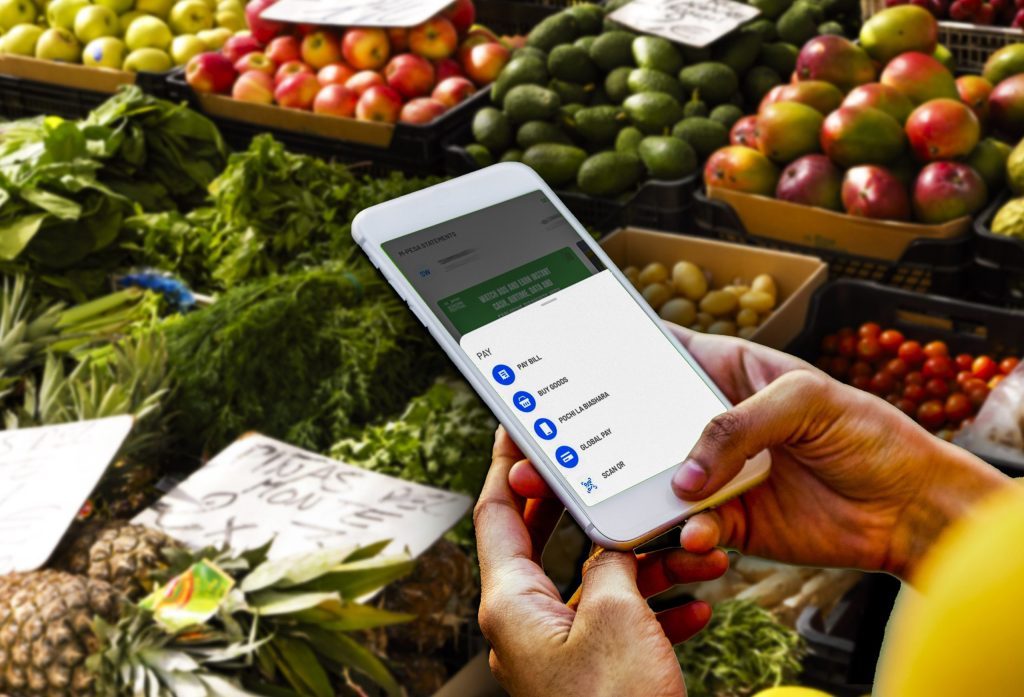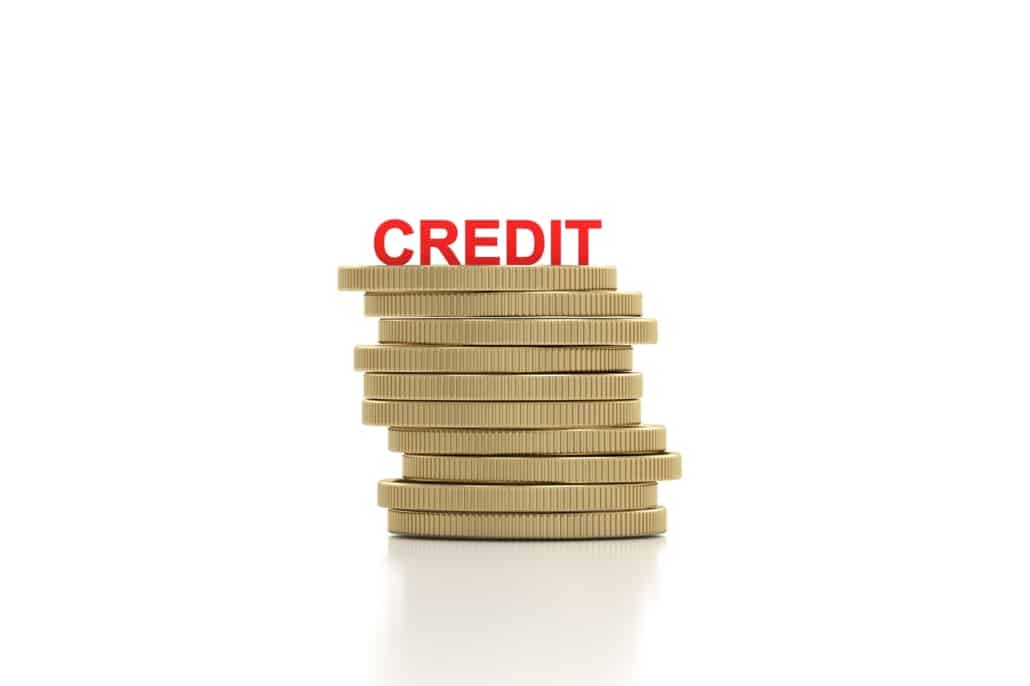Credit in a Click: Fintech’s New Race Toward Financial Inclusion in Africa

In Africa, the road to financial freedom has often been paved with paperwork, waiting lines, and bureaucratic red tape. For years, millions have lived outside the walls of traditional banking, earning, saving, and borrowing in cash-only ecosystems.
But today, a quiet revolution is underway. Across the continent, fintech startups are reimagining what access to credit means, putting the power of financial inclusion quite literally in the hands of the people, one click at a time.

The New Face of Borrowing
In a small market stall in Soweto, 28-year-old Nandi unlocks her smartphone and opens an app that has changed her business. “I don’t have collateral or bank papers,” she says, “but now I can borrow money in minutes.” The app she uses is Fast Loan, a collaboration between Mukuru, one of Africa’s leading remittance companies, and JUMO, a digital financial platform that uses alternative data to assess creditworthiness.
This story mirrors millions of others across the continent. Where banks once saw risk, fintechs now see opportunity.
By harnessing technology, they are rewriting the rules of access. Borrowing no longer requires a long credit history or formal employment. It only requires a phone and digital footprints that reveal a person’s financial behaviour.
In the past year alone, African fintechs have rolled out microcredit services at unprecedented speed. According to the African Development Bank, over 65% of adults in sub-Saharan Africa remain unbanked, yet mobile money penetration exceeds 80% in several countries. This gap is the golden space fintech innovators are rushing to fill.
The Players Powering the Shift
The names driving this transformation are fast becoming household brands. Nigeria’s Moniepoint recently raised an additional $90 million in its Series C round, bringing its total to $200 million, much of which is being channeled into expanding credit products for small businesses. In South Africa, Float secured $2.6 million to scale its lending platform for SMEs, while Stitch raised $55 million to strengthen payment and lending infrastructure across the continent.
Meanwhile, Ghana’s Affinity Africa has attracted $8 million in seed funding to deepen digital banking access for individuals and micro-enterprises. These investments paint a clear picture that fintech credit is no longer a niche experiment, it is an economic force driving inclusion and enterprise.
But perhaps the most transformative part of this story is not who is lending but it is how they are lending. Companies like JUMO, Carbon, FairMoney, and Tala rely on data sources far removed from traditional banking metrics.
Instead of evaluating payslips, they analyze phone usage, airtime purchases, and even social media behavior to build financial profiles. This new approach unlocks credit for those long ignored by banks like market traders, artisans, and students who make up the bulk of Africa’s informal economy.
Data as Collateral
“Your data is your collateral,” says a recent campaign by a Kenyan fintech. And while it sounds catchy, it captures the essence of Africa’s new credit culture. In regions where formal identification and credit bureaus are weak, alternative data offers a lifeline.
Take Nigeria, for instance. Out of the country’s estimated 220 million people, only about 13% are covered by credit bureaus. For the remaining millions, digital lenders step in, analyzing everything from mobile money transactions to utility payments. If a customer consistently buys data or pays for electricity via mobile, that consistency becomes a signal of reliability.
The logic is simple yet powerful. The behavioral data tells financial stories that paperwork cannot. And for many first-time borrowers, that is all it takes to gain a foothold in the formal economy.
However, this model is not without challenges. There have been concerns about data privacy, predatory interest rates, and aggressive loan recovery tactics among some unregulated players. Regulators across Africa like the Central Bank of Nigeria, Kenya’s Digital Credit Providers Regulations etc., are racing to set boundaries, ensuring that innovation does not outpace consumer protection.
The Inclusion Imperative
The urgency of financial inclusion in Africa cannot be overstated. Credit access affects everything from entrepreneurship to education and healthcare. For small business owners, it is often the difference between expansion and extinction.
According to the International Finance Corporation, Africa’s small and medium enterprises face a credit gap exceeding $330 billion. Traditional banks, with their rigid lending standards, cannot bridge it alone. That is why fintech lenders, armed with flexible technology and alternative data, are becoming central to Africa’s financial ecosystem.
Mukuru’s collaboration with JUMO, for example, allows users to access microloans within their remittance app instantly converting a routine money transfer tool into a credit gateway. For rural farmers, platforms like Pula and FarmDrive use mobile data and satellite imagery to provide weather-based micro-insurance and credit tailored to agricultural cycles.
These are not just financial products, they are lifelines woven into the rhythm of daily African life.

Credit Meets Culture
What is unique about Africa’s fintech credit boom is how deeply it aligns with cultural realities. In many communities, borrowing has always been social.
Think of informal ajo or esusu savings groups in Nigeria, or chamas in Kenya. Digital lenders are essentially digitizing these communal systems, making them faster, more transparent, and scalable.
Apps like Paylater (now Carbon) have introduced gamified savings and social lending models, rewarding consistent repayment and encouraging peer accountability. Others are experimenting with voice-enabled credit applications for users who are illiterate or non-English speaking, bringing inclusion to the very last mile.
By blending technology with trust which is the bedrock of Africa’s informal economies, fintechs are not only reshaping credit but also redefining what inclusion means in practice.
The Road Ahead
The next phase of Africa’s fintech story will likely revolve around responsible scaling. While the promise of instant credit is enticing, sustainability and ethics will determine long-term success.
Regulators are beginning to demand data transparency, fair interest practices, and consumer education which are all essential for protecting vulnerable users.
At the same time, fintech companies are exploring deeper integrations. Embedded finance, the weaving of credit and payments into non-financial platforms, is on the rise.
Imagine borrowing directly from your e-commerce app or accessing instant credit for a ride-hailing fare. For Africa’s digitally native youth, this seamless blend of lifestyle and finance feels natural.
Blockchain, too, is entering the conversation. With stablecoins and decentralized finance platforms like Shiga Digital gaining ground, cross-border credit and remittance systems could soon become cheaper and faster, bypassing traditional banking rails altogether.
A Tap Toward Transformation
Back in Soweto, Nandi closes her app after repaying her third loan. Her business has grown enough for her to hire help. “I used to think banks weren’t for people like me,” she says, smiling. “Now, I feel like I have my own.”
Her story captures the quiet, powerful transformation taking place across the continent. Credit in Africa is no longer a privilege reserved for the salaried few, it is becoming a digital right accessible to anyone with a phone and a plan.
As fintech continues to break barriers and reimagine finance for the many, one truth stands clear: in Africa, the future of inclusion won’t arrive through bank doors. It’ll arrive through notifications.
You may also like...
When Sacred Calendars Align: What a Rare Religious Overlap Can Teach Us

As Lent, Ramadan, and the Lunar calendar converge in February 2026, this short piece explores religious tolerance, commu...
Arsenal Under Fire: Arteta Defiantly Rejects 'Bottlers' Label Amid Title Race Nerves!

Mikel Arteta vehemently denies accusations of Arsenal being "bottlers" following a stumble against Wolves, which handed ...
Sensational Transfer Buzz: Casemiro Linked with Messi or Ronaldo Reunion Post-Man Utd Exit!

The latest transfer window sees major shifts as Manchester United's Casemiro draws interest from Inter Miami and Al Nass...
WBD Deal Heats Up: Netflix Co-CEO Fights for Takeover Amid DOJ Approval Claims!

Netflix co-CEO Ted Sarandos is vigorously advocating for the company's $83 billion acquisition of Warner Bros. Discovery...
KPop Demon Hunters' Stars and Songwriters Celebrate Lunar New Year Success!

Brooks Brothers and Gold House celebrated Lunar New Year with a celebrity-filled dinner in Beverly Hills, featuring rema...
Life-Saving Breakthrough: New US-Backed HIV Injection to Reach Thousands in Zimbabwe

The United States is backing a new twice-yearly HIV prevention injection, lenacapavir (LEN), for 271,000 people in Zimba...
OpenAI's Moral Crossroads: Nearly Tipped Off Police About School Shooter Threat Months Ago
ChatGPT-maker OpenAI disclosed it had identified Jesse Van Rootselaar's account for violent activities last year, prior ...
MTN Nigeria's Market Soars: Stock Hits Record High Post $6.2B Deal

MTN Nigeria's shares surged to a record high following MTN Group's $6.2 billion acquisition of IHS Towers. This strategi...
